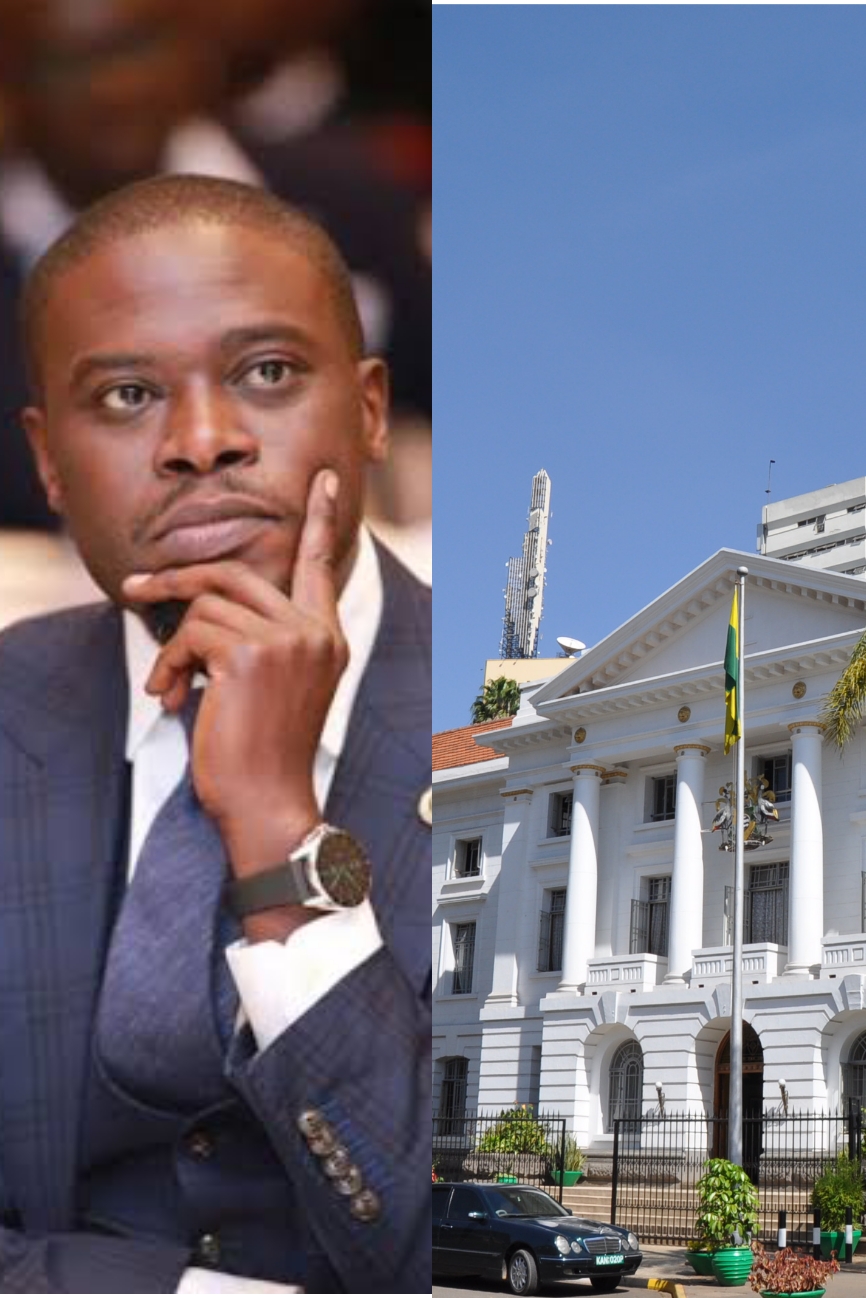Nairobi Governor Johnson Sakaja is facing intense scrutiny over allegations of corruption and misuse of public funds, with his administration accused of operating with questionable transparency. Sakaja, whose academic qualifications have previously come under fire, now stands accused of running Nairobi alongside close allies with little regard for accountability.
Vocal critics, such as Embakasi East MP Dr. Babu Owino, have raised concerns about Sakaja’s alleged purchase of properties across Dubai, the United States, South Africa, and Kenya. Many have pointed fingers at county officials, suggesting a cover-up designed to protect the governor and his inner circle from legal repercussions.
One of the major concerns revolves around Sakaja’s alleged control over the collection and management of Nairobi’s revenue streams—handled with what critics describe as “zero accountability.” This has left many questioning how one leader can exert such unchecked power over Nairobi’s finances, bypassing the county’s established laws and procedures.
The Tunza Mtoto Coalition has also voiced its discontent, accusing Sakaja of involvement in a significant corruption scandal at City Hall. The coalition claims that millions of shillings were paid out for services that were never rendered.
Sakaja is also entangled in a contentious land dispute in Loresho. The scandal, involving an 18-acre plot valued at over Ksh 2 billion, has been ongoing for over 16 years. Reports suggest Sakaja offered hundreds of millions to purchase the land from a controversial owner. The matter gained further attention recently when Lands Cabinet Secretary Alice Wahome attempted to intervene but was allegedly driven away by the owner’s associates.
Local businessmen Ashok Rupshi Shah and Hitenkumar Raja assert ownership of the Loresho land, while former Nairobi provincial administrator Davis Nathan Chelogoi also lays claim to it, having occupied the area for years.
Amid this turmoil, Sakaja is under pressure to justify his administration’s use of billions of shillings from the Treasury and other revenue sources. The Controller of Budget’s report for the 2023/24 fiscal year paints a troubling picture: more funds were spent on foreign and domestic travel than on essential development projects.
The county reportedly spent Ksh 475.06 million on domestic travel and Ksh 115.65 million on foreign travel, exceeding its development expenditure. Development projects received only Ksh 465.04 million, a steep 49.9% decrease from the previous fiscal year’s allocation of Ksh 927.33 million.
Detailed accounts reveal a breakdown of extravagant foreign trips, including Ksh 8.99 million for a personal branding summit, Ksh 8.78 million for the UN General Assembly in New York, an undisclosed trip to Canada costing Ksh 6.76 million, Ksh 5.37 million for a conference in Switzerland, and Ksh 5.08 million for a visit to Japan.
While the county’s budget for development programs sits at Ksh 10.81 billion, only 3% of these funds were reportedly used between July and December 2023. This represents an absorption rate of 3.3% for development expenditure compared to 36.6% for recurrent expenses.
Further intensifying the controversy, an Auditor General’s report has flagged Nairobi County for fraudulent payments to suppliers and irregular procurement practices.
The mounting allegations and reports have put Sakaja in a tough position as Nairobi residents, opposition leaders, and advocacy groups demand accountability and transparency in the use of county funds.
